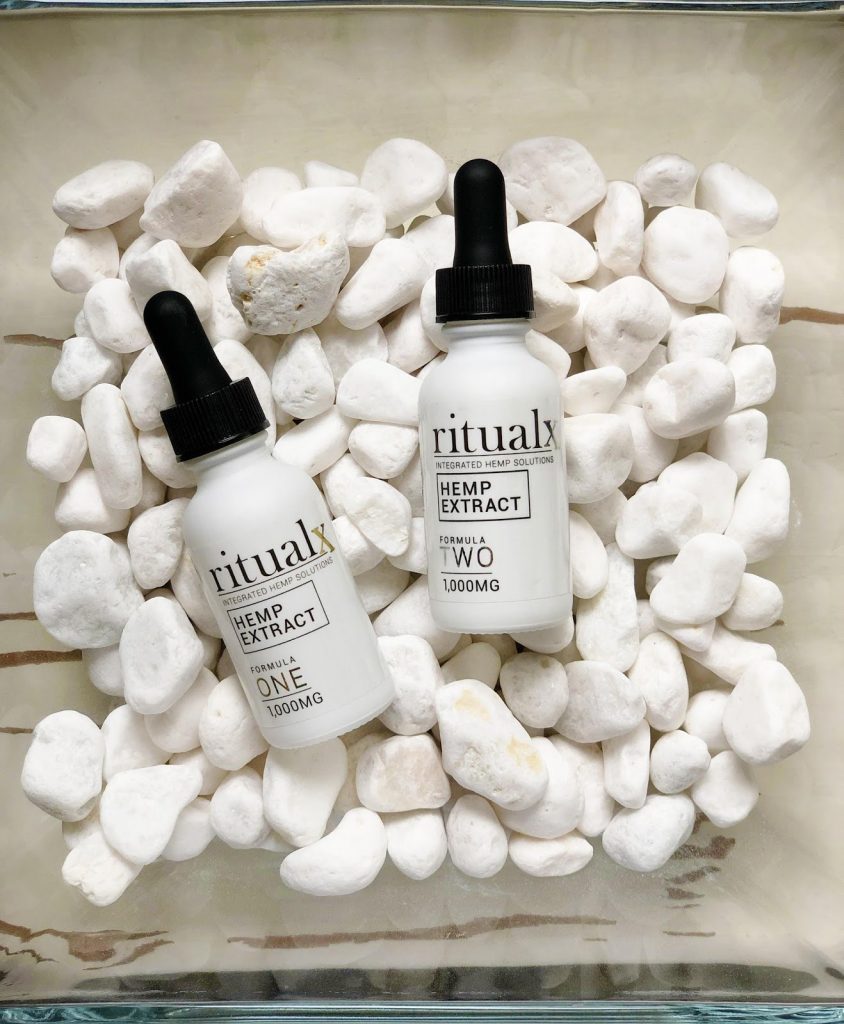HEMP
OUR HEMP PROGRAM
In the era of opioid crisis, many patients choose to integrate CBD (Cannabidiol) products into their lives in order to help pain, inflammation, depression, anxiety and stress. Many of the traditional pharmaceutical medications such as anti-inflammatories, muscle relaxers, anti-convulsants are usually not more effective than placebo and come with many side effects. Although opioids may be effective in the short term, there is no literature about their long term efficacy. Most studies done on opioids are short-term studies designed for acute pain. However, in the long term, many patients develop tolerance and dependency, and some may develop addiction to opioids. Opioids should never be the first line of treatment option for chronic pain. With the new CDC guidelines and regulations, most patients and physicians do want to stay away from opioids for treating chronic pain. Therefore, many patients are now in need and search of other alternative options to treat their chronic pain. And CBD is one of these alternatives.
The hemp plant contains Cannabidiol (CBD) that interacts with our body’s own Endocannabinoid System and helps the body in the healing process. In addition to CBD, hemp also contains traces amounts of THC (less then 0.3%) and other cannabinoids, omegas, flavonoids, terpenes etc. Cannabidiol (CBD), is a major nonpsychotropic constituent of Cannabis and has multiple pharmacological actions, acting as an anxiolytic, analgesic, antipsychotic, antiemetic and anti-inflammatory.
BENEFITS OF CBD
- Anti-analgesic (reduces pain)
- Anticonvulsant (reduces seizure)
- Antioxidant (reduces damage from free radicals)
- Antiemetic (reduces nausea/vomiting)
- Anti-inflammatory (reduces inflammation and pain)
- Antidepressant (reduces depression and stress)
- Anxiolytic (reduces anxiety)
- Antipsychotic (reduces psychosis and mood disorder)
- Reduces insomnia
In North Carolina, most hemp extracts and CBD products are extracted from the Cannabis Sativa L plant, commonly called industrial hemp. Industrial hemp must have 0.3% or less THC. This low level of THC ensures that someone using a CBD product will not become impaired or euphoric.
Our hemp product RITUAL is a patented formula of Dr James Taylor, a NC native pain specialist. This product contains less than 0.3% THC, which is the active ingredient. For more information about this product please visit his website at www.integratedhempsolutions.com
How Does CBD Work?

CB1 and CB2 are the two main Endocannabinoid Receptors found throughout the body. CB1 receptors are located primarily in the central nervous system and can stabilize mood, affect pain relief, anxiety relief and induce well-being. CB2 receptors are located throughout the body, especially on immune cells, and affects inflammation and therefore induces pain relief. CBD affects CB1 and CB2 receptors indirectly. As such, CBD activates the Endocannabinoid System by blocking the FAAH enzyme (an enzyme responsible for breaking down anandamide (an internally produced cannabinoid). With more anandamide present at receptor sites, CB1 activation increases and the Endocannabinoid System is able to do its job of promoting well being, pleasure, and reducing pain and anxiety. CBD also binds directly with some receptors in the brain, such as serotonin 5HT1A receptor, therefore acting as an antidepressant.
Drug interaction and side effects of CBD
Although there’s a wealth of literature describing the benefits of CBD, there is little is known about its safety and side effects. Further studies are needed to clarify long-term potential side effects. Some literature reports that cannabinoid can inhibit hepatic drug metabolism, therefore causing alterations in metabolism of other drugs. Based on recent literature, controlled CBD is still considered to be safe in humans and animals. Most common side effects of CBD products are:
- drowsiness
- dry mouth
- low blood pressure
- lightheadedness
- worsening tremor in parkinson patients
- CBD inhibits activity of hepatic enzyme called cytochrome P450. This enzyme metabolizes more than half of pharmaceutical drugs used to treat certain conditions. As such, CBD may decrease the metabolism of anticoagulant coumadin, and therefore may increase its blood level. Patients on coumadin may need closer monitoring of INR and the dose may be adjusted as indicated. If you are on long-term anticoagulant and antiepileptic medications, please discuss with your doctor or pharmacist if there might be interaction between your medication and CBD.
If you are interested in CBD products, talk to your physician about options available.
